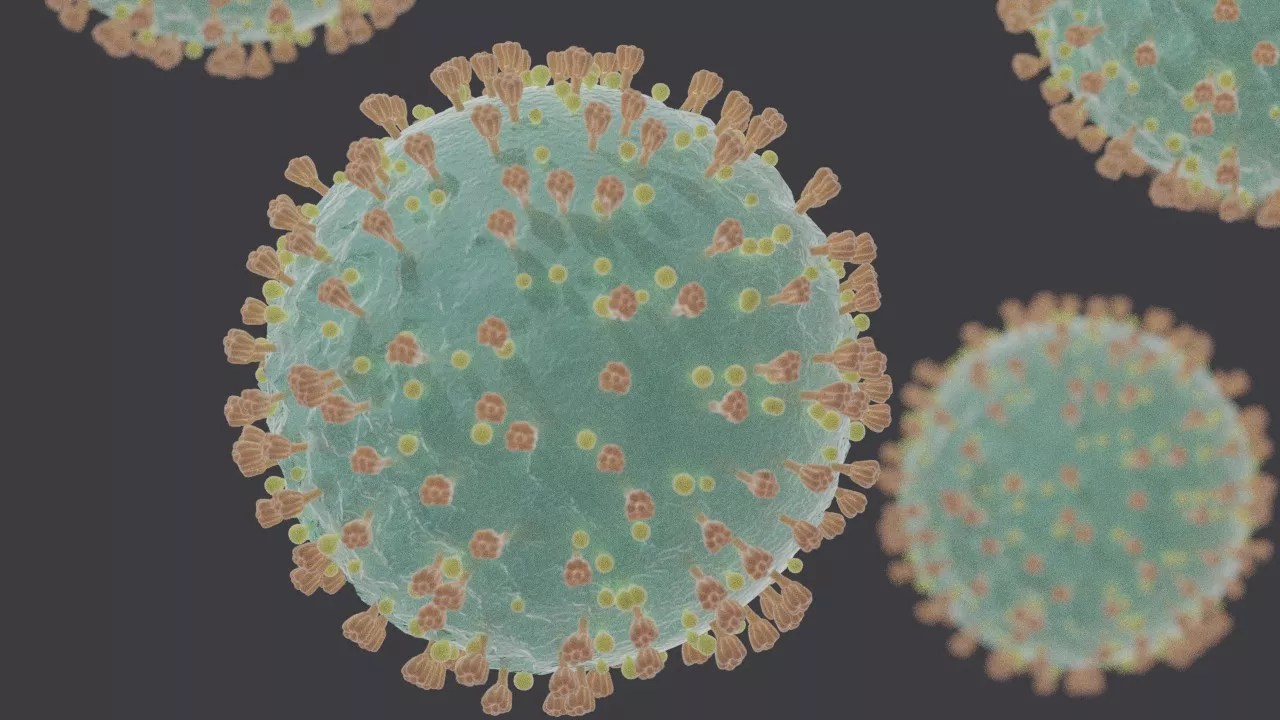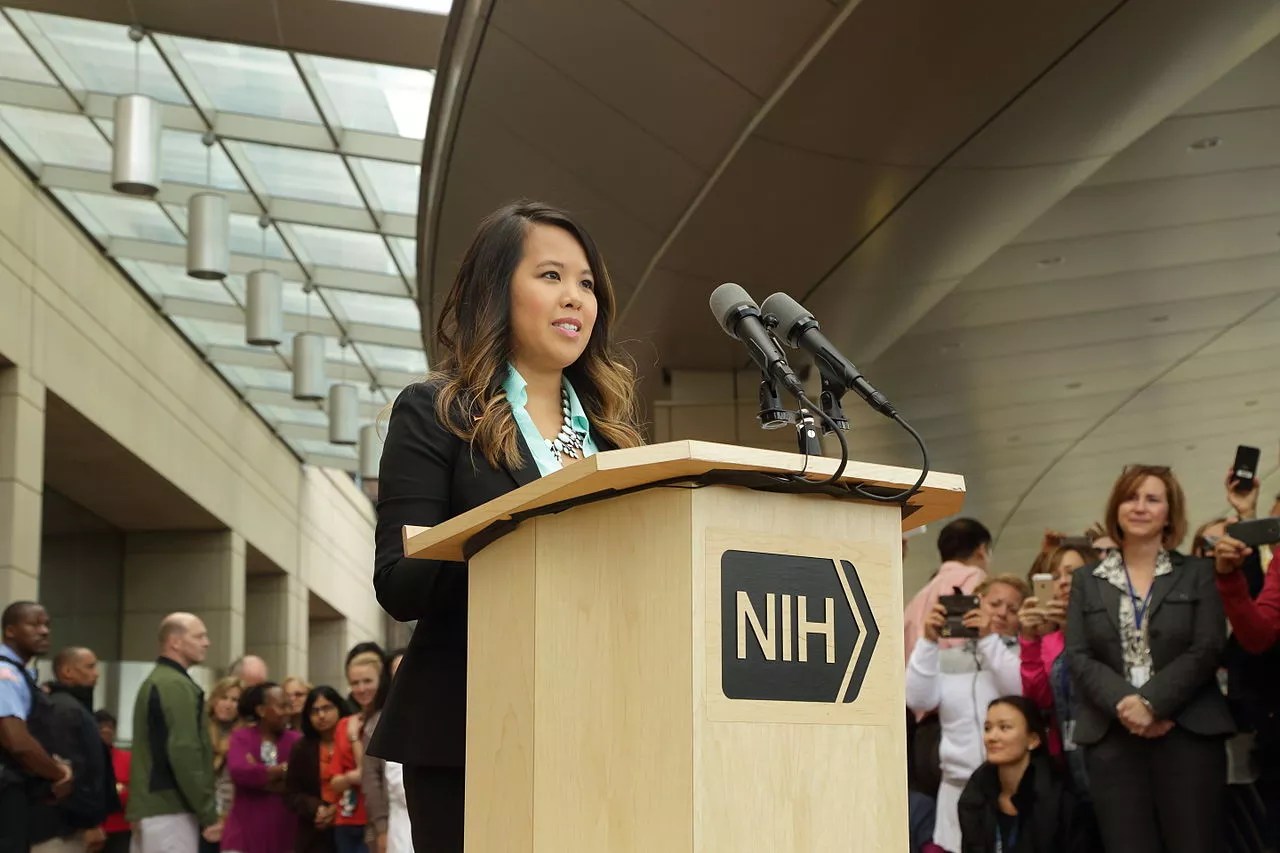
Wiki Commons

Audio By Carbonatix
During the United States’ last big infectious disease crisis, Dallas went first. On Sept. 30, 2014, Thomas Eric Duncan, a Liberian national who’d recently traveled to Dallas, tested positive for Ebola, setting off weeks of fear and uncertainty.
Two nurses who treated Duncan, Nina Pham and Amber Vinson, also contracted the virus. To date, they remain the only two people to get Ebola in the United States. They were treated and recovered. Duncan died on Oct. 8, 2014.
“I think the lesson from Ebola is what happens when the healthcare workforce goes down,” said Dr. Peter Hotez, the dean of the National School of Tropical Medicine at Baylor College of Medicine in Houston and co-director of the Texas Children’s Hospital Center for Vaccine Development. “If you remember what happened at Texas Presbyterian Hospital, those two ICU nurses got sick, and you had this untenable position of colleagues taking care of colleagues in an ICU setting.”
When healthcare workers get sick, the effect is twofold, according to Hotez. Those workers can’t help patients, and there is an effect on the morale of the co-workers forced to care for them. Hotez, who was appointed by then-Texas Gov. Rick Perry to the state’s Infectious Disease Task Force as the Ebola crisis unfolded, said the governor eventually insisted that Pham and Vinson get care elsewhere.

Nina Pham speaks to the media after leaving the National Institutes of Health in 2014.
National Institute of Allergy and Infectious Diseases
“The reason that’s relevant to coronavirus is the Chinese in Wuhan have identified 1,000 healthcare workers coming out of the workforce because they got sick, including about 15% severely ill and a large number going into the ICU. … If you have colleagues taking care of colleagues in an ICU, that’s highly destabilizing,” Hotez said. “It would be lights out. We can’t allow that.”
Healthcare workers must be protected, Hotez said.
“We’re at risk because we’ve seen how vulnerable healthcare workers are wherever this coronavirus has hit,” Hotez said. “Healthcare workers are the No. 2 most vulnerable population after the elderly.”
In areas without local transmission of the coronavirus, Hotez said people should go about their daily lives, but places like nursing homes, especially, need to be prepared for the virus.
“As we’ve seen, this virus is ripping through the nursing home in Kirkland, Washington. We don’t seem to be getting our nursing homes and our assisted living facilities ready,” Hotez said. “That seems to be a gap in this.”
While Hotez and the University of Washington at Seattle mutually agreed that he should skip a trip he had planned for this week, he hasn’t started stockpiling staples at home, he said.
“I think my wife went to Trader Joe’s and got some extra chicken tikka masala, that’s been about the extent of it,” he said. “Maybe, if you’re on prescription medicines, make sure you have a couple of weeks supply, but I would say that’s about it at this point. If we start the community transmission at a significant level, then you might want to think about (stocking up) … You have to have some situational awareness and see what’s going, you have to stay pretty close to what’s happening on the news. If you’re going to go off the grid, don’t go off the grid in the middle of Dallas.”